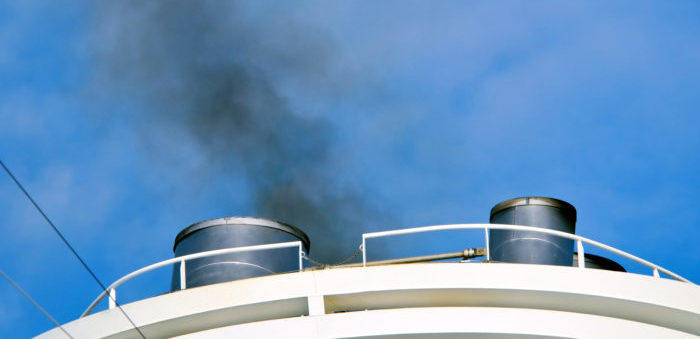Reducing shipping emissions in Africa could be reduced by up to 75% by applying operational measures and implementing available technologies, which can only be achieved if maritime nations join forces to create awareness on the deteriorating effects of shipping pollution, said Ghana’s Deputy Minister for Transport, Daniel Nii Kwartei Glover.
This was the key message of Ghana’s Deputy Minister for Transport, while speaking at the Maritime Technology Cooperation Centre for the African Region national Workshop, under the theme MTCC Africa, MARPOL Annex VI and debate on African Ports, local media reported.
The two-day workshop, organized in partnership with the Ghana Maritime Authority, seeks among others to discuss ways vessels can use energy more efficiently, the role of stakeholders in maritime nations in the implementation of the provisions of the MARPOL Annex VI and implementation of IMO conventions.
On his turn, the Director General of the Ghana Maritime Authority, Kwame Owusu, noted that the most effective way to mitigate the effect of exhaust gases from ships is to create a regulatory framework for the industry which is fair and effective, globally adopted and implemented. He also highlighted that CO2 emissions from shipping could rise up to 250% by 2050 if no action is taken.
As such, he urged stakeholders of the maritime in Ghana to work together to ensure that the ultimate goal of reducing GHG emissions from international shipping for a better environment is achieved.































































